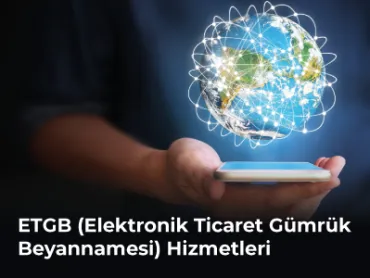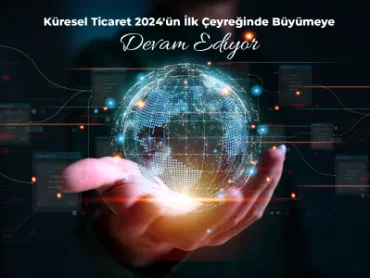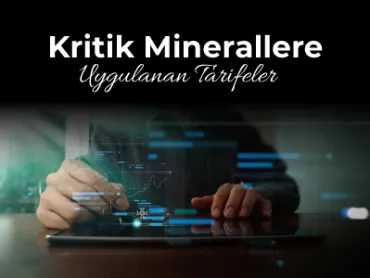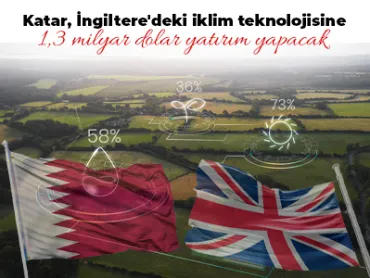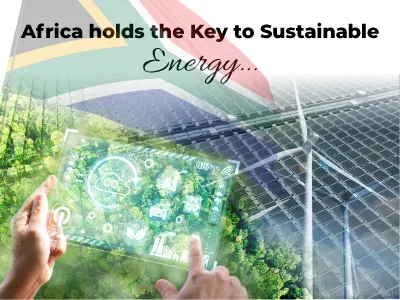
Critical minerals: Africa holds the key to a sustainable energy future.
Africa's rich mineral wealth not only holds the key to a sustainable energy future but also presents a unique opportunity for governments to generate revenue, finance development, and uplift living standards. The potential of these critical minerals extends beyond energy production, contributing to inclusive growth and sustainable development.
At a significant event commemorating the organization's 60th anniversary in Addis Ababa, Ethiopia on 4 June, UN Secretary-General for Trade and Development Rebeca Grynspan underscored the pivotal role of Africa's vast mineral deposits - cobalt, copper, and lithium - in the global energy transition. She emphasized that these minerals are not just resources, but the key to a sustainable energy future. The event's theme, 'Maximizing Africa's potential: Harnessing demand for critical minerals to drive inclusive growth and sustainable development,' delved into strategies to maximize the development benefits of these minerals.
"Cobalt, manganese, graphite, and lithium are not just elements on the periodic table. They could be the building blocks of a new era that powers our homes, drives our vehicles, and connects our world. They could catalyze a green revolution to lift millions out of poverty and create a more just world." But to realize this vision, Grynspan said, the world must break free from the past and reject the extractive model that has kept resource-rich nations dependent and poor. "Instead, we must embrace a new paradigm that prioritizes local value-added, promotes regional integration, and empowers local communities," she said.
Value Addition and Justice Are Key
Antonio Pedro, Deputy Secretary-General of the UN Economic Commission for Africa, said adding value to critical African minerals could make the continent a competitive hub for green industrialization. “Imagine the potential if African minerals were processed into African batteries and installed in African cars used on the continent and around the world,” Pedro said, “This would accelerate the deployment of renewable energy and the electrification of transport systems on the continent, create decent jobs and make Africa a competitive hub for green industrialization.”
Pedro, with a sense of urgency, underscored the imperative of fairness and equity in the utilization of minerals in the global energy transition and sustainable development. He warned that a mining boom that fails to benefit all members of society would only lead us back to where we started, emphasizing the need for a more inclusive and just approach.
Monique Nsanzabaganwa, Vice President of the African Union Commission, emphasized the urgent need for a strategic approach to policymaking to harness critical minerals for sustainable development in Africa. This approach is crucial to positioning the continent as a new global growth pole. "In addition to the right policy mix, we also need fair international structures and systems, especially regarding regulations and rules," said Nsanzabaganwa.
"It would not make sense to distrust our continental certification systems and instead condition Africa's minerals to enter another certification system only to come back to us for value addition or trade amongst ourselves," Nsanzabaganwa said, warning that some existing rules and those in the making threaten to affect African countries' efforts to enhance and develop beneficiation and value addition on the continent.
A New Development Route
The event brought together leaders, diplomats, experts, and key stakeholders to chart a new development course in Africa by exploring ways to utilize the continent's critical mineral wealth better. Africa, which hosted this year's event, has extensive reserves of the world's vital energy transition minerals. Worldwide, Africa holds 55 percent of the world's cobalt, 47.65 percent of manganese, 21.6 percent of natural graphite, 5.9 percent of copper, 5.6 percent of nickel, 1 percent of lithium, and 0.6 percent of iron ore.
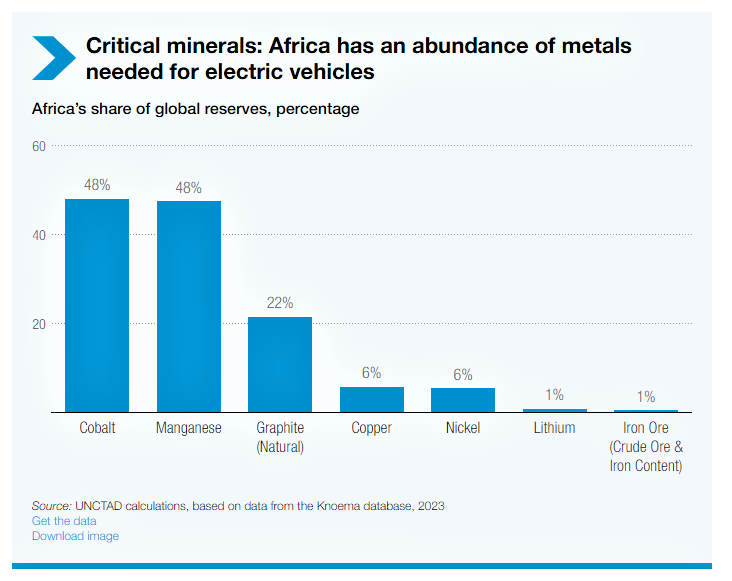
However, the continent has yet to capitalize on the opportunities its natural resources offer fully. Estimates suggest that African countries can only generate 40 percent of the revenue they could collect from these resources.
Given the current global crises, limited fiscal space, slow growth, and high debt, the imperative for African countries to seize the financial and development benefits of their resources is more pressing than ever.
Participants engaged in fruitful discussions, exploring ways to enhance revenue mobilization and fiscal stewardship, foster regional value chain integration, and boost investment in infrastructure, skills, and innovation. These efforts aim to support mineral-based industrialization on the continent while championing climate action. The event, scheduled for Geneva from June 12-14 to commemorate the 60th anniversary of the UN Trade and Development, will also lay the groundwork for further discussions at the Global Leaders Forum.
Source:https://unctad.org/news/critical-minerals-africa-holds-key-sustainable-energy-future
 Back
Back